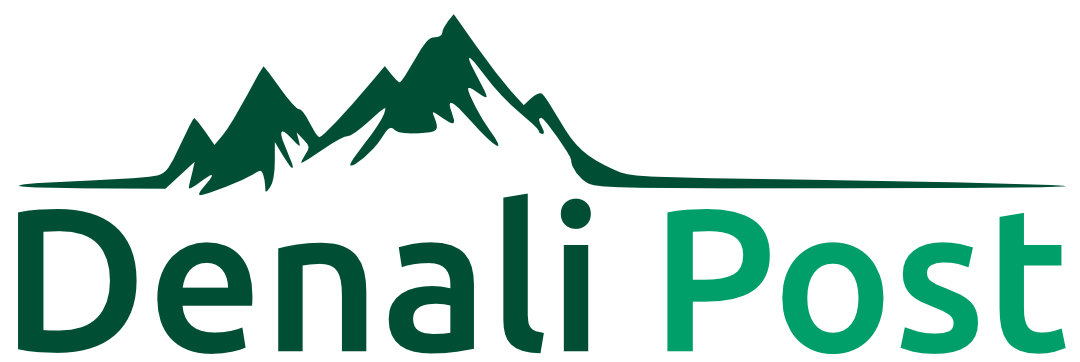Princeton’s School of Public and International Affairs (SPIA) purchased an office space in Washington D.C. last spring, marking “the first time in the University’s history that its policy and international affairs school has had a dedicated, physical presence in the nation’s capital” according to the department website. The new space is located in the Dupont Circle neighborhood, less than two miles from Embassy Row.
The opening comes amidst widespread office closures in downtown D.C. After the COVID-19 pandemic heralded a new era of remote and hybrid work, commercial real estate prices have plummeted, threatening the economic wellbeing of many major cities. Downtown Washington D.C. was hit particularly hard by plummeting real estate prices.
The space, which includes conference rooms and a lobby space, was used this summer as a venue for several events hosted by the Princeton in Washington (PIW) program. PIW is a program that connects students and alumni located in the Washington, D.C. area during the summer. The program’s events, which range from social and networking opportunities to educational and professional panels, were previously held at alumni workplaces, other university spaces, and other locations.
The PIW program originated in 1960, and is sponsored by the Center for Career Development with support from SPIA, Princeton’s Office of Government Affairs, and the Princeton Club of Washington D.C. This summer, events included a tour of the Capitol with Rep. Derek Kilmer ’96 (D-Wash.), a visit to the Federal Reserve with Chairman Jerome Powell ’75, and a conversation with Rep. Terri Sewell ’86 (D-Ala.).
Braiden Aaronson ’25, who interned for a nonprofit strategic consulting firm in Washington D.C. this summer, said in an interview with the ‘Prince’ that PIW events he attended gave him valuable insights into local careers.
“I walked into this summer feeling a bit aimless about my professional aspirations in the policy realm, so I was especially interested in being exposed to many different career paths through PIW. I found this to be incredibly rewarding because I felt like the alumni were highly invested in walking us through their career decisions and passed down a lot of advice on how to get by in D.C.”
He highlighted a night tour of the Capitol with Kilmer, learning about the National Security Council with Deputy Homeland Security Advisor Joshua Geltzer ’05, and speaking with Sewell as among of his favorite events.
PIW also offers smaller roundtable discussions, which Katherine Yang ’24 said that she preferred. “If there were only 10 or so people at the event, I felt that it was easier to have an intimate conversation with them … it felt more like a discussion,” she said.
Justin Lee ’26, this year’s Student Coordinator for PIW, said PIW was really valuable for him because it gave him opportunities to learn about the U.S. government in ways that he, as a Canadian citizen, would not otherwise have had access to.
Andria Mirabal ’08, senior associate director for alumni engagement and experiential learning at the Center for Career Development, spoke with The Daily Princetonian about the goals of the program. “[PIW’s mission is] about making those connections and helping students to realize the many different types of careers that alumni will pursue.” The program aims to encourage students to “find a community with each other, but also to make those connections with alumni,” she explained.
In a statement to the ‘Prince,’ Lee shared advice he received from alumni. “Many of the alumni — who we looked up to during these events for inspiration — did not have a complete idea of their careers from the beginning … We, as college students, often face constant pressure to have everything figured out and have our career path mapped out to minute details to be successful, so it was relieving to hear this kind of advice from Princeton alumni.”
Yang expressed similar sentiments — despite being a computer science major, she frequently attended events related to topics in government, policy, and journalism. She told the Prince that even though “none of that seems directly tied to what I’m majoring in or a typical profile of a COS major … I thought it was important to see what’s out there.”
Source: Daily Princetonian


